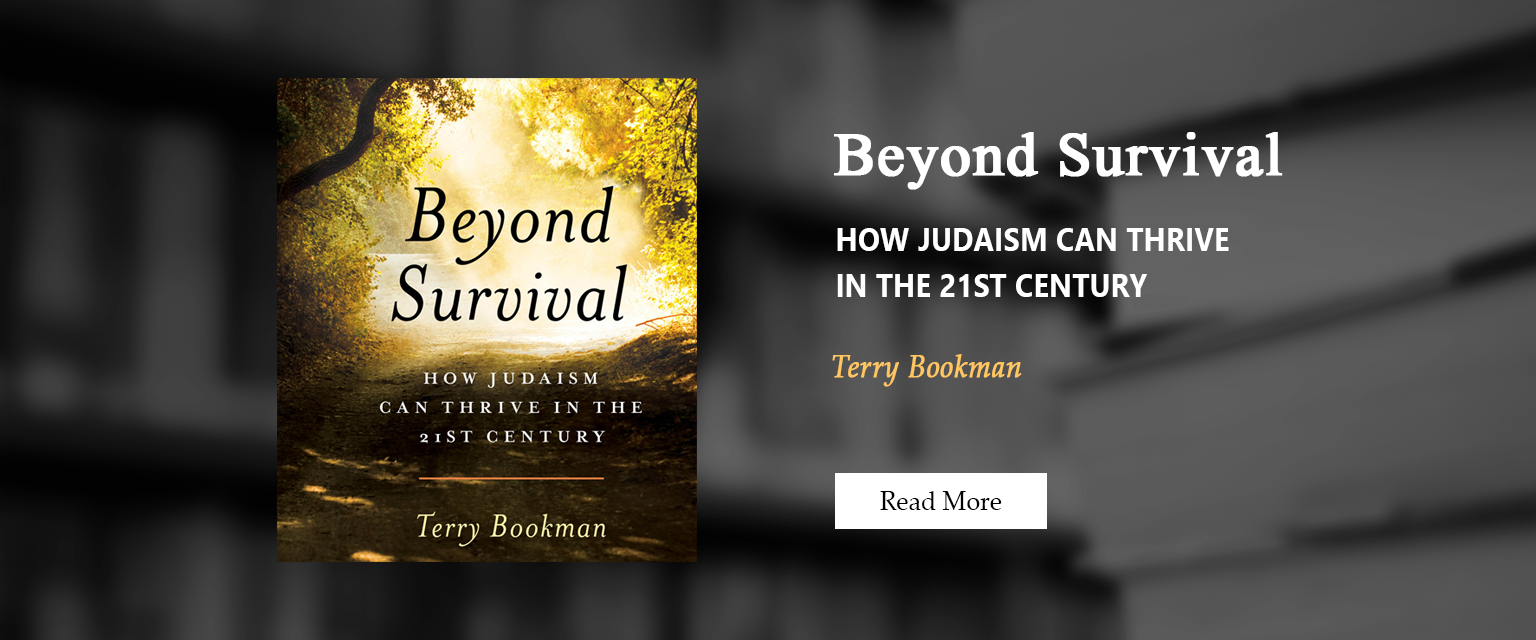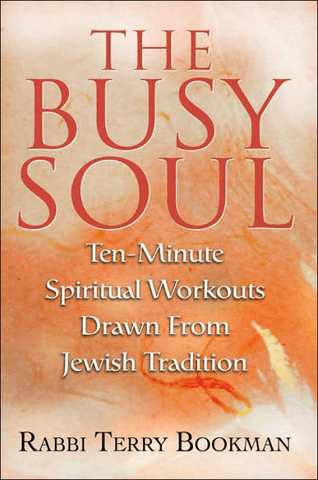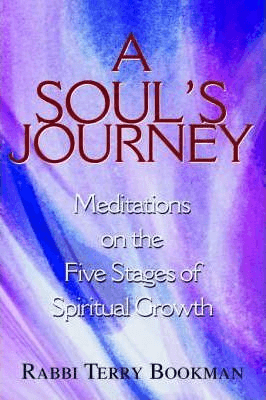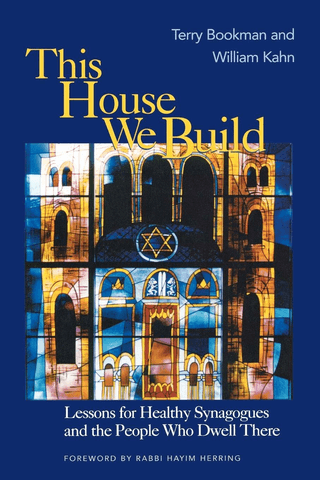|
Since the publication of my latest book, Beyond Survival, I have been repeatedly asked, “So if the 2000 year old paradigm of Jewish life is shifting, what is next for Judaism?” I usually answer, “I really don’t know. And besides, the new paradigm will be democratically (not hierarchically) created…so if I answered, it would be an oxymoron!” Which is usually met with, “Okay, Rabbi, but what do you think will be next?” LOL
Obviously, I have given this a lot of thought. And so as we begin 2020 I would like to share a mini-vision of the future (pun intended). The original Jewish paradigm, recorded in our Torah—a holy people, living in a holy land, loyal and faithful to their one God who is also holy, bringing offerings to the Temple in Jerusalem which were sacrificed on their behalf on altars by a hereditary priesthood—ended 2000 years ago when the Temple was destroyed by the Romans and most of the Jewish people were forced into exile. Actually, this shift (like all paradigm shifts) had begun hundreds of years earlier with the creation of synagogues (which could be located anywhere) in which groups/minyans gathered to join in prayer and worship as well as public discourse. Clearly, the efficacy of the original paradigm no longer held sway over a growing number of our ancient ancestors. Led by the Pharisees, who were soon-to-become authoritative rabbis ordained by virtue of their knowledge of Torah and Jewish law, this second paradigm (the Judaism we know and love) was originally a creative, even radical adaptation which undoubtedly helped us survive. In fact, I would argue that without this change, Judaism would probably gone the way of most ancient religions of the Middle East—it would have died and disappeared altogether. Interestingly, this second paradigm also lasted about 2000 years but began to shift with the dawn of modernity at the end of the 18th century and is now almost complete.* I say “lasted” for what I am suggesting here is that (though still important) the synagogue is no longer the center of Jewish life; rabbis may have some influence but no longer have any real authority since most of us do not govern our life decisions by Jewish law/halacha; and group prayer (most often experienced at life cycle “events” and the High Holy Days) has become an occasional (dare I say largely irrelevant) experience for the vast majority of our people, in which they feel and act as observers/audience, not participants; certainly not as a daily praxis. Nor are we alone in this monumental shift. While clergy of all faiths are generally respected in our society, “organized” religion is in serious decline; yet at the same time spirituality and the need for community (or multiple communities) as well as ritual are all on the rise. So what’s next Rabbi? *In a talk I give about the new book, I discuss the eleven factors that have contributed to this second, great paradigm shift in Judaism.
0 Comments
Leave a Reply. |
Blogs and VideosArchives
January 2021
Categories |
|
I exist to be a connector—connecting people to themselves (allowing for awareness and insight, as well as wholeness and personal growth); to one another (creating sacred community); and to God (linking themselves to a Higher Purpose in all they do in life).
|
©2021 Eitzah, Inc. All rights reserved.







 RSS Feed
RSS Feed
